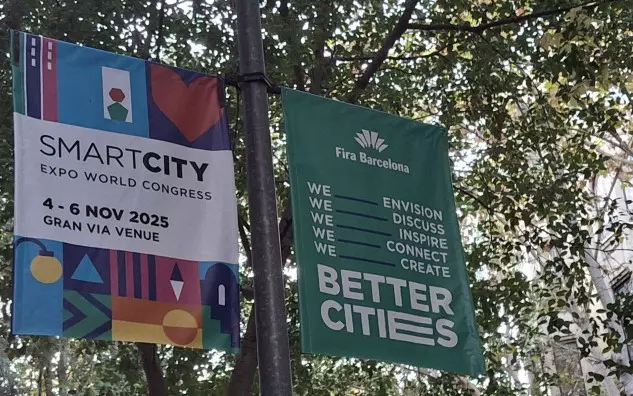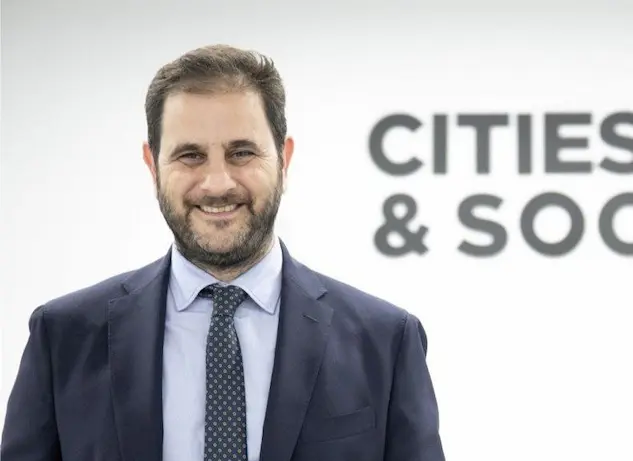Making Sustainability Profitable: Interview with Jasper Steinhausen


The fourth edition of Smart City Expo Doha 2025 concluded on 26 November after two days of in-depth discussions on how advanced digital technologies are reshaping urban life across the Middle East. Organized by Fira de Barcelona in partnership with…



The SEE ENERGY 2025 – Connect & Supply conference, taking place on 28–29 October 2025 in Novi Sad, Serbia, comes at a defining moment for the Western Balkans’ energy transition. Under the theme “Energy Transition Today: Challenges, Solutions and Future…

In this exclusive interview, Ugo Valenti, Director of the Smart City Expo World Congress, talks about how the world’s leading event on urban innovation continues to evolve and inspire cities across the globe. As the 2025 edition approaches, Ugo shares…

The future of urban technology, Anatoly Zimin reasons, is not about more dashboards or data,but about systems that quietly keep cities running. As the founder of GreenMesh, he develops IoT and AI solutions that connect diverse devices and infrastructures into…


If there’s one image that captures the brutal reality of global warming, it’s wildfire: scorching heat, ash-filled skies, charred forests. But behind the dramatic scenes lies a growing and measurable climate risk. A new study published in Nature Communications reveals…